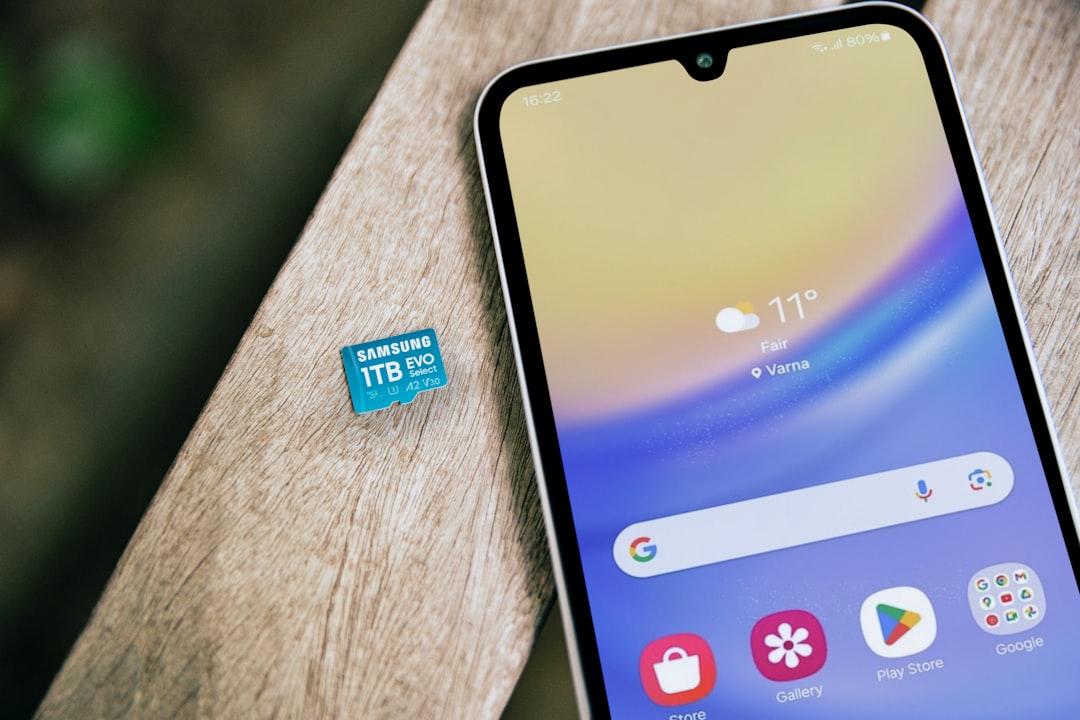North Carolina has stringent robocall laws, combining federal TCPA regulations with state-level protections. Residents can report unwanted calls and use apps that block automated telemarketing. These apps leverage advanced technologies to filter spam, empower users with call blocking, and educate them about privacy settings. By registering on the National Do Not Call Registry and staying informed about local laws, North Carolinians can effectively manage robocalls.
In the age of relentless robocalls, North Carolina residents now have powerful tools at their fingertips. Understanding the state’s robust robocall laws is crucial, backed by strict regulations to protect citizens from unwanted calls. This article explores the top apps designed specifically for North Carolina users to combat this growing nuisance. We delve into effective strategies and provide a comprehensive guide to empowering residents in their fight against intrusive robocalls.
Understanding Robocall Laws in North Carolina

In North Carolina, just like in many other states, robocalls are regulated by specific laws designed to protect residents from unwanted and deceptive calls. The Telephone Consumer Protection Act (TCPA) is a federal law that sets guidelines for automated telephone marketing, including restrictions on when and how businesses can make robocalls. At the state level, North Carolina has its own regulations that complement the TCPA, further enhancing protection for consumers.
Understanding these robocall laws in North Carolina is crucial for both residents and businesses. Residents can file complaints with the Federal Communications Commission (FCC) or the North Carolina Department of Justice if they receive excessive or inappropriate robocalls. Businesses, on the other hand, must adhere to strict rules regarding consent, call timing, and disclosure of information to avoid legal repercussions and maintain customer trust.
Top Apps to Combat Unwanted Calls

In today’s digital era, robocalls have become a persistent nuisance, but North Carolinians now have tools at their disposal to combat this growing issue. Thankfully, several top apps have emerged that empower users to manage and block unwanted calls, offering much-needed relief from intrusive robocalls. These applications leverage advanced technologies and databases that constantly update to identify and filter out automated telemarketing calls, ensuring a quieter and more peaceful experience for residents across the state.
With robust features like call blocking, personalized filtering options, and real-time analytics, these apps provide an effective defense against robocall laws, enhancing users’ control over their communication channels. By utilizing these cutting-edge solutions, North Carolina folks can reclaim their phone lines from relentless automated calls and enjoy a more peaceful and secure connection in the digital landscape.
North Carolina's Approach to Protecting Residents

North Carolina has taken significant steps to protect its residents from annoying and potentially fraudulent robocalls, reflecting a growing concern across the nation. The state’s approach involves a combination of legal frameworks and educational initiatives aimed at empowering citizens to take control of their phone lines. North Carolina’s robocall laws are designed to give consumers more control over inbound calls, including the ability to block unwanted calls and seek legal recourse against persistent or malicious robocallers.
Educational efforts focus on raising awareness about available tools and features that can filter out these automated calls. The state encourages residents to familiarize themselves with call-blocking apps and privacy settings, which play a crucial role in mitigating the impact of robocalls. By combining legal deterrents and user empowerment, North Carolina is navigating the complex landscape of modern communication to ensure its citizens enjoy more peaceful interactions with their phones.
Effective Strategies for Stopping Robocalls

Robocalls have become a persistent and frustrating issue for many North Carolinians, but there are effective strategies to combat them. One crucial step is to register your number on the National Do Not Call Registry, which, while not legally binding in NC, is a good first defense against unwanted calls. Additionally, utilizing apps designed to block robocalls can significantly reduce their frequency. These apps often employ advanced algorithms and machine learning to identify and filter out spam calls.
Another important aspect is understanding the robocall Laws in North Carolina. The state has regulations in place to protect residents from deceptive telemarketing practices, but enforcement varies. Staying informed about these laws and reporting suspicious or persistent robocalls to relevant authorities can help deter unscrupulous callers. Additionally, being cautious about sharing personal information online or over the phone is paramount; doing so can significantly reduce the risk of becoming a target for robocallers.
A Comprehensive Guide for North Carolina Users

In the face of persistent robocalls, North Carolina residents now have a powerful tool at their fingertips. With robust robocall laws in place, the state offers users an array of effective app options designed to combat unwanted automated calls. These apps provide a comprehensive guide for navigating the complex landscape of robocall regulations while offering practical solutions for blocking and identifying suspicious incoming calls.
For North Carolina users, staying informed about their rights under the state’s robocall laws is key. Reputable apps in this space offer detailed explanations of these laws, empowering individuals to take charge of their communication experiences. By employing these user-friendly tools, residents can easily manage call preferences, register for do-not-call lists, and access advanced blocking features tailored to the unique needs of the state’s phone users.






